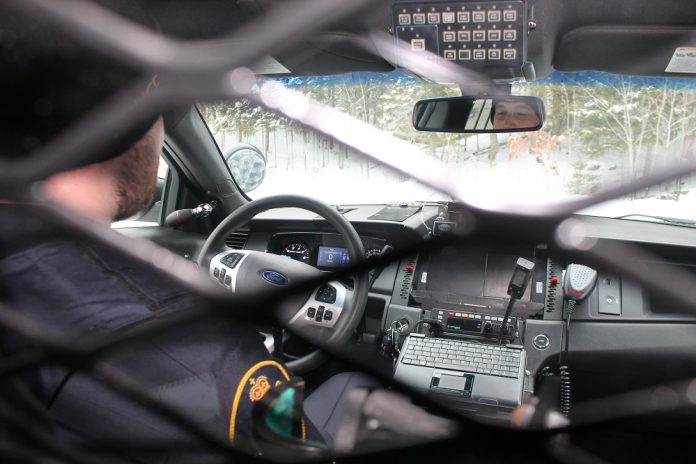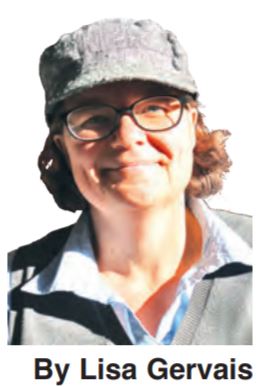

Raise your hand if you’ve heard about CPAC in Haliburton County?
I’d hazard a guess that many of you haven’t.
It stands for the community policing advisory committee. Comprising the OPP detachment commander and the mayors of Algonquin Highlands, Dysart et al, Highlands East and Minden Hills, it had been in operation for a number of years.
That is until the Community Safety and Police Act in 2019, with the province advising municipalities they have until June 7, 2022 to determine what a new board will look like for their detachment areas.
It’s all part of the new community safety and well-being plan that was presented to County councillors at a Jan. 26 meeting.
While the issue of a detachment board seemed like a minor add-on to the two-plus-hour meeting, it is an important one.
The initial recommendation was for a seven-person board, comprising the County warden, four mayors, a provincial appointment and one member of the public appointed by the County.
Minden Hills Coun. Pam Sayne commented that with five politicians out of seven places, it was top heavy. She also felt it important to have at least two members of the public so the one would not feel isolated.
Coun. Carol Moffatt, who deserves credit for her role on CPAC, and the community safety and well-being plan, defended the five-councillor representation. She argued the municipalities pay for policing so should carry the vote. Carefully choosing her words, she said well-meaning community members may make a decision that could costs the townships a lot of money, for example.
With all due respect to Coun. Moffatt, it is the taxpayers that foot the OPP bill.
She also said she feels citizen board members might not understand the complexity of the job, or that they think they will get in tight with the cops and is worried about the sensitivity of privacy concerns.
With that logic, one could infer that public members of the committee of adjustments, for example, could be disclosing confidential details about land transactions. We don’t think that’s happening.
In the end, the County opted for a board comprising the warden, mayors or designate, a County public appointee and a provincial appointee.
Sayne said she expected reports back from the board to council meetings.
CPAC members have done that in the past. At least Moffatt has to Algonquin Highlands. But, again, with all due respect, they are not detailed reports.
In the same manner, despite the press making the request, CPAC meetings have not been open to us in the past. The press can attend library board meetings, for example, but not CPAC. That is a concern. And as a result, the public is largely left in the dark about what is going on with policing in the County.
We get that some things have to be private, such as a pending drug raid, but the public has a right to know things such as crime statistics, or worrying trends.
After all, these boards are there to provide civilian oversight.
The five-member police services board for the City of Kawartha Lakes Police Services is a good example. While not the OPP but a municipal force, they meet publicly once a month.
There are only two councillors, Mayor Andy Letham and Coun. Pat O’Reilly. The council appointee is a former police inspector, Don Thomas, who chairs the board. The two other civilians are long-time volunteer Wanda Percival and Valmay Barkey, who used to head up Community Care Health and Support Services (provincial appointees). They’re not top heavy. They make good decisions.
The lower-tier municipalities must still approve the composition of the new board but one thing we do demand is greater transparency.



